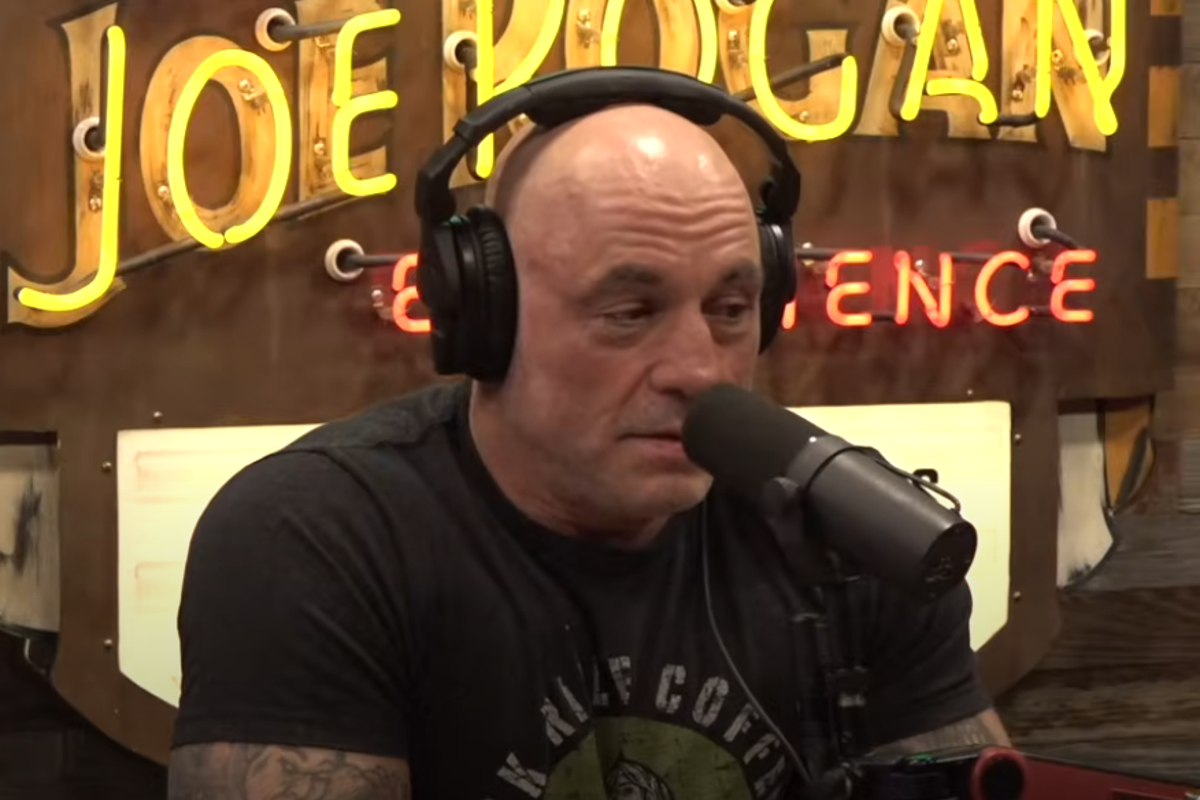The Council Climate Action Scorecards are helping climate officers across the UK to understand which elements of their path to Net Zero are working well, and which areas need improvement.
Marina Ebbage, Procurement Policy Officer at Norfolk County Council, explained the many ways in which Scorecards have helped the authority’s Climate Hub team in their work. She began by explaining how the council came to understand that a council taking climate action is one thing; while communicating that action is something else.
“We first came across the Scorecards following Climate Emergency UK’s assessment in 2021, and through the subsequent publicity which usefully highlighted the areas of work where our actions were not publicly communicated”, says Marina.
“We’ve found the independent and external assessment of our council’s climate action not only allows us to systematically mark our progress in tackling climate change, but helps us to maintain and strengthen our accountability to the public.
“The Scorecards have helped us strive for greater transparency and accessibility in our climate action efforts. Following that initial assessment, we realised that a lot of information about the work we were doing was not readily available to the public – hence our initial low score.
“A key example is our Climate Action Plan, which draws all the information we are doing together on climate-related work and is now publicly available in one place on a dedicated part of the council’s website. Previously, information was in committee papers which are publicly available but often not easy to find, or knowledge was internal rather than shared publicly.
“Since then, we’ve brought together this information and evidence on the council website, making it available and accessible to Norfolk’s citizens and businesses, and indeed more widely.”
The benefits go more widely than communication, though — they resonate through many aspects of the council’s work, as Marina explains: “We’ve found the Scorecards valuable as a way to check the comprehensiveness of our Action Plan, ensuring that we’re taking a well-rounded approach to addressing climate change.
“At a senior management level, the Scorecards provide an overarching view of our climate action and comparative performance, which our Climate Board has integrated into its review process, using them to assess our actions and identify areas for improvement.”
Talking of comparative performance, Marina adds, “We benchmark our performance against other councils. This comparison helps us identify areas where we need to improve and informs discussions with other councils on what further actions we can take.”
And the bottom line? “Ultimately, the Scorecards have provided a useful means to review and benchmark our climate actions and provided a stimulus to improve the way we communicate what we do to the public.”
That’s great to hear — and as we near the publication of the 2025 Scorecards, we were gratified to learn that Norfolk see their use into the future: “We plan to continue using the Scorecards as a monitoring tool, ensuring that our climate action remains ambitious, transparent, and effective.”
Thanks very much to Marina for sharing Norfolk County Council’s experience with the Scorecards, which are a joint project between Climate Emergency UK and mySociety.
—
Image: Nathan Nelson

